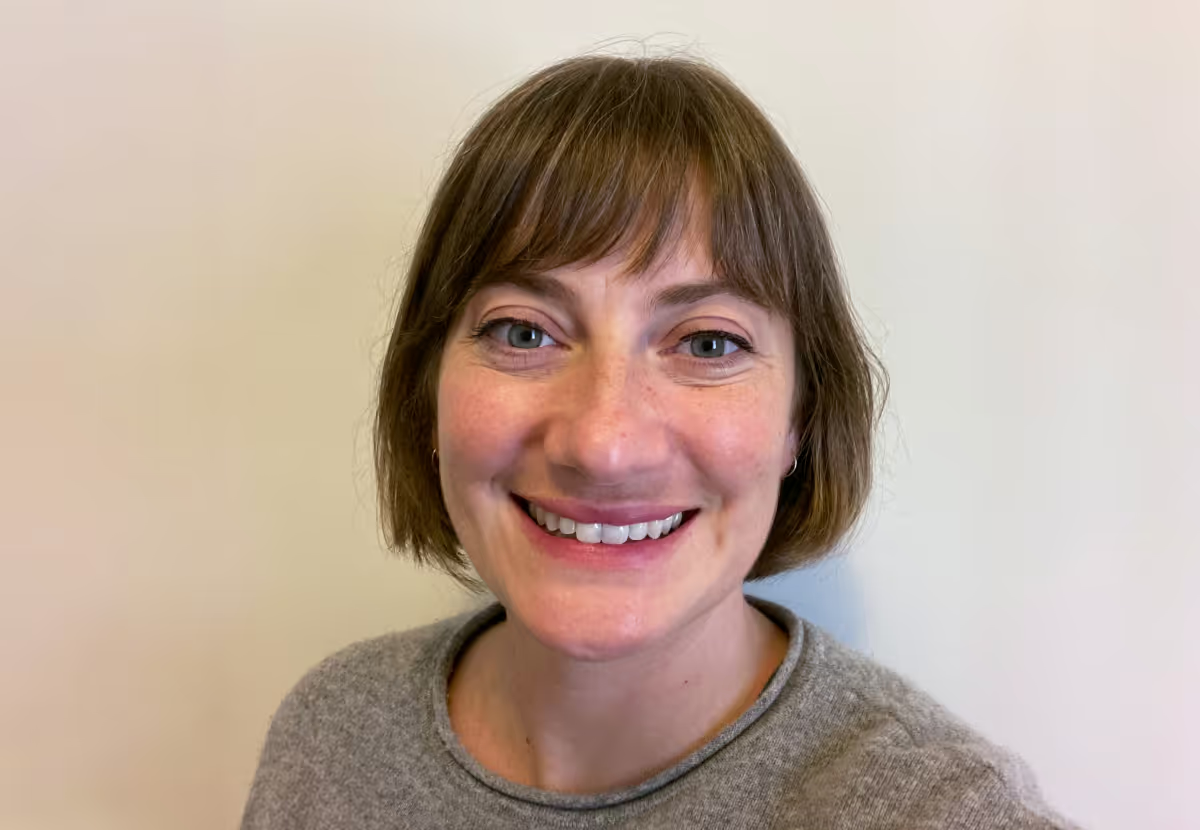Together, we can make exceptional mental health care accessible for everyone












We’re building a new kind of mental health system
Industry-best clinical experiences, better client outcomes, groundbreaking innovation and access to the highest quality care. This is how we’re raising the bar for the entire industry.





















We’re revolutionizing how people connect with and receive care—and it all starts with our exceptional team
500+ clinicians with 90+ clinical specialties and 32+ therapy modalities

Company-Wide Representation





Find a role that truly fits

Clinical Careers at Two Chairs



Full-Time Clinician Career Path
Part-Time Clinician Career Path
Why we hire W-2 employees, not 1099 contractors












Meet Our Clinicians
Clinical Candidate Journey
Our Benefits
Full Time
- 401(k) retirement savings options
- Commuter benefits
- Financial wellbeing & discount programs
- 16 days of paid time off per year, with an additional year for every year of service
- Paid holidays, one floating holiday for use at your own discretion, and a winter office closure from Christmas to New Year’s Day
- Paid parental leave for both birthing and non-birthing parents
- Flexible remote work model
- One-time $200 remote work stipend
- Access to work from one of our clinics as a clinician or our San Francisco HQ if an HQ employee
- Comprehensive medical, dental, and vision insurance
- $500 annual subsidized company contribution to your healthcare FSA or HSA
- $1000 annual stipend for wellness, professional development, and remote work expenses
Part Time
- 401(k) retirement savings options
- Full malpractice insurance coverage
- Accrue paid sick leave of up to 80 hours per year
- Fully remote scheduling* available from Monday to Friday between 7 am-9 pm
*A state board clearance may be required in some states, which we support in obtaining on your behalf.
- Access 1:1 paid consultation support from management
- Elective Wellness Activities sponsored by Two Chairs
Help us make mental health care accessible for everyone


HQ Careers at Two Chairs



Join the growth engine behind Two Chairs
The bridge builders—turning B2B partnerships and provider referrals into pathways for accessing care.
The matchmakers—building B2B partnerships and relationships to bring mental health care to more people.
The wizards of the wallet—balancing budgets, forecasting futures, and making cents of every dollar.
The architects of innovation—designing and building tools that make mental health care seamless and accessible.
The storytellers in action—sharing our mission with the world, from clients to candidates to partners.
The backbone of care—keeping everything from compliance to coordination in tip-top shape, so clinicians can focus on what matters.
The heart of our culture—champions of rewards, DEIB, and everything that makes Two Chairs a great place to work.
The guardians of quality—leading the charge in care excellence, research, and innovation to elevate the client experience.
Meet Our Team
HQ Candidate Journey
Our Benefits
Full Time
- 401(k) retirement savings options
- Commuter benefits
- Financial wellbeing & discount programs
- 16 days of paid time off per year, with an additional year for every year of service
- Paid holidays, one floating holiday for use at your own discretion, and a winter office closure from Christmas to New Year’s Day
- Paid parental leave for both birthing and non-birthing parents
- Flexible remote work model
- One-time $200 remote work stipend
- Access to work from one of our clinics as a clinician or our San Francisco HQ if an HQ employee
- Comprehensive medical, dental, and vision insurance
- $500 annual subsidized company contribution to your healthcare FSA or HSA
- $1000 annual stipend for wellness, professional development, and remote work expenses








